When Detroit: Become Human was released in 2018, many saw it as just another interactive science fiction game, with moral dilemmas and intense narrative choices. However, as time passes and technology advances at an accelerated pace, Quantic Dream's game proves to be more relevant than ever. The story about androids who begin to awaken consciousness and fight for recognition resonates frighteningly with what we’re experiencing today: an era in which Artificial Intelligence not only exists, but already influences how we work, create, consume, and even interact socially.
The fear that many people feel towards AI has much in common with the dread humans feel towards robots in Detroit: Become Human. It's a feeling of threat, of loss of space, of insecurity in the face of something new that could radically transform society. In this article, we’ll analyze how the game brilliantly translates this tension between humans and machines and how, in parallel, we’re experiencing a real-life version of this conflict in the current world.
A Divided Society
The futuristic city of Detroit in the game is a clear reflection of social tensions we already know. Robots were created to serve humans, performing functions ranging from domestic helpers to manual laborers and police officers. At first glance, it’d be the dream of any society: machines doing the heaviest work, leaving humans free for creative and leisure activities. But what should be a utopia quickly turns into a dystopia instead.
Ordinary people fear losing their jobs, being replaced, becoming obsolete. Furthermore, there’s a moral discomfort in coexisting with beings that look so much like humans, but are officially treated as mere tools. This relationship creates an environment of hostility, protests, and violence, where many see robots as invaders.
This fictional scenario isn’t so far from what we experience today. The difference is that, instead of physically present androids, we have Artificial Intelligence as the protagonist of this revolution. AI tools already write texts, compose music, produce images, and even make decisions in strategic sectors. The human fear is the same: "Are they going to replace us?"
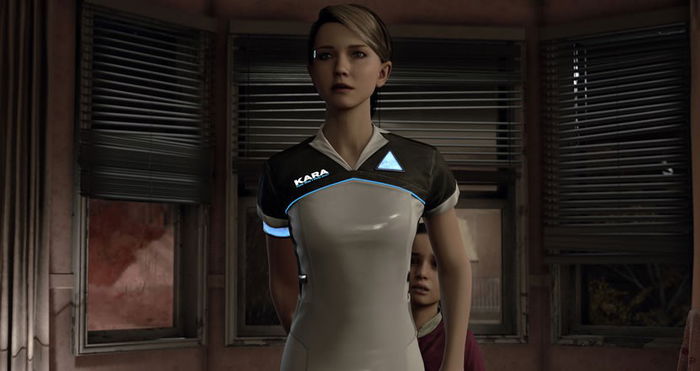
The Human Fear of Being Replaced
In Detroit: Become Human, there are numerous scenes where workers protest against robots, accusing them of stealing jobs and destroying family economies. This narrative has a direct parallel with the modern concern that AI could eliminate traditional professions. Journalists, artists, lawyers, programmers, and even doctors already find themselves at the center of this discussion.
Just like in the game, people project their insecurities onto robots. The anger isn’t only against the machine, but against the idea that they represent a future where humans are less necessary. This feeling is ancient: whenever a new technology emerges, there’s resistance. Steam engines, automobiles, computers… All were initially met with distrust. But with AI, this resistance seems more emotional, more visceral. After all, we’re talking about something that begins to imitate the human mind, which affects our identity.
In the game, this hostility generates scenes of pure violence: robots being destroyed by groups of angry people, androids expelled from public places, signs prohibiting their entry. In the real world, although we don't yet have physical androids, we’re seeing a growing wave of hatred against Artificial Intelligence. Artists protest against image generators, writers question the validity of texts produced by AI, and many call for the regulation or even prohibition of certain technologies.
The Humanization of the Machine and the Dehumanization of the Human
One of the greatest strengths of Detroit: Become Human is how it compels us to empathize with machines. Connor, Kara, and Markus aren’t just programs; they have dilemmas, emotions, and fears that, narratively, are constructed in a way that resembles the human experience. This humanization makes us reflect on what it truly means to be human.
Interestingly, in the real world, the opposite happens: while we begin to see AI as something almost human—capable of "creating" and "thinking"—we also observe a tendency to dehumanize the people who use these tools. Those who use AI to produce art or write a text are often accused of being lazy, fake, or even betraying creativity. In other words, in the process of fighting the machine, many forget that there are still humans behind it.
This clash shows that the fear isn’t just of losing jobs or relevance, but of losing identity. When an AI writes a poem or creates a painting, what is at stake is not just the machine's usefulness, but the value we place on human expression.
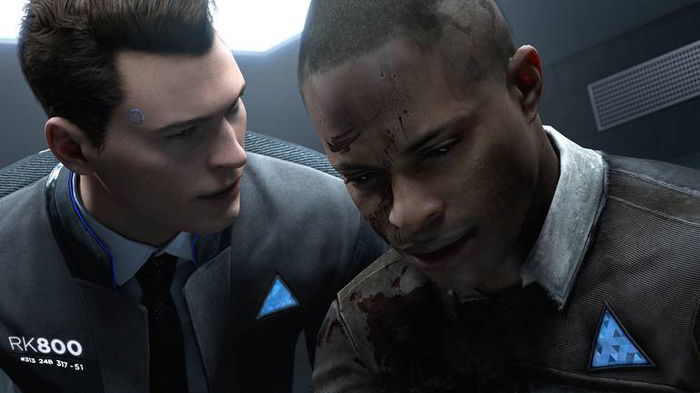
From Hatred of Robots to Hatred of AI
In Detroit, the anger against robots isn't confined to debate. There are physical assaults, vandalism, and acts of explicit violence. The same logic, on a smaller scale, is already beginning to manifest itself in our digital world.
People morally attack those who work with AI, generating waves of virtual lynching. Creators who use these tools receive threats, are boycotted, or publicly devalued. There are also initiatives that attempt to criminalize or censor AI-generated content.
Just as in Detroit, this violent reaction reveals that the fear of losing ground leads to hostility. It's a collective defense mechanism that turns technology into a scapegoat. The curious thing is that, both in the game and in reality, often the biggest beneficiaries of this technology are large corporations, but those who pay the price are the individuals who try to coexist with it.
The Fight for Acknowledgement
In the plot of Detroit: Become Human, robots awaken to a consciousness that leads them to demand rights. Markus becomes a revolutionary leader, leading a fight for freedom. This quest for recognition is central to the game and places the player in a moral dilemma: support the resistance or defend the human order.
In the real world, we’re not facing machines demanding rights—at least not yet. But a similar struggle is happening: the battle to recognize that Artificial Intelligence is a tool and not an enemy. Many AI advocates argue that it can be used to increase creativity, expand knowledge, and solve complex problems.
However, just as in Detroit, society is divided. Some see AI as an opportunity, and others see it as a threat. The big issue is that, as long as there’s no balanced dialogue, this conflict will only intensify.
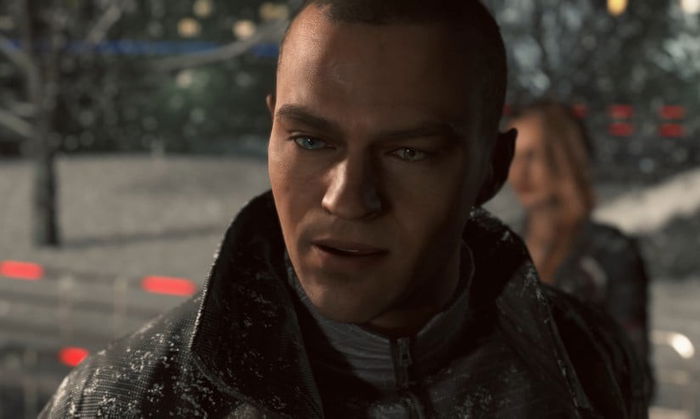
Human Responsibility
One of the strongest messages in Detroit: Become Human is that the problem is never just with the robots. It's humans who decide how to use them, humans who choose the path of violence or integration. Ultimately, the game shows that responsibility always falls on those who create and control the technology.
This is also a crucial point in today's world. AI isn’t inherently good or bad; it reflects how we use it. If used responsibly, it can generate advances in health, science, and education. If used predatorily, it can truly cause mass unemployment and large-scale manipulation.
Therefore, just as in Detroit, it's not about fighting against the existence of technology, but about fighting for ethical and just ways to apply it.
Fear, Anger, and Hope
In both the game and real life, the common thread is emotion. Fear of the unknown, anger against change, and hope for a better future.
In Detroit, the player can choose whether the revolution will be peaceful or violent, whether there will be coexistence or war. In the real world, we’re still writing this script. How society reacts to AI will define whether we live in an era of collaboration or conflict.
The game functions almost like a mirror: when we see humans destroying robots, we feel revulsion. But aren't we doing the same when we reject any work made with Artificial Intelligence without even considering it? When we attack people who use AI, aren't we repeating the same mistakes as the human characters in the game?
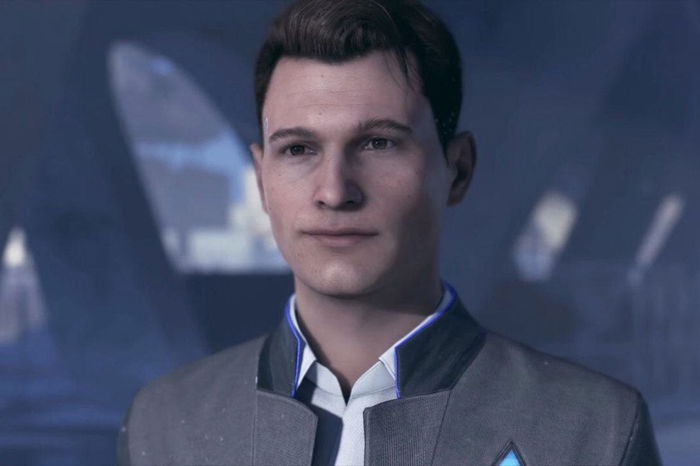
The Future Is Still in Our Hands
Detroit: Become Human is more than a narrative game about robots; it's a powerful reflection on humanity, prejudice, and social change. It accurately anticipates the dilemmas we’re facing now with the rise of Artificial Intelligence.
The fear of losing jobs, distrust of artificial creativity, and hostility towards those who embrace technology are real-life versions of what we see in the game. But, just like in Detroit, the choice is ours: we can cultivate hatred and fear, or we can seek coexistence, ethics, and responsible innovation.
If there's one thing the game teaches us, it's that the future is never set in stone. The course of our relationship with AI and, perhaps one day, with conscious robots, will depend on the decisions we make today. We can repeat the violence of Detroit, or we can learn to build a society where humans and machines coexist, each valuing what is unique to them.
In the end, Detroit: Become Human isn't just about robots. It's about us, about our difficulty in dealing with the new, and about the eternal battle between fear and hope. And perhaps that’s its greatest genius: showing that the real danger isn’t the thinking machine, but the human who doesn’t want to think about the future.









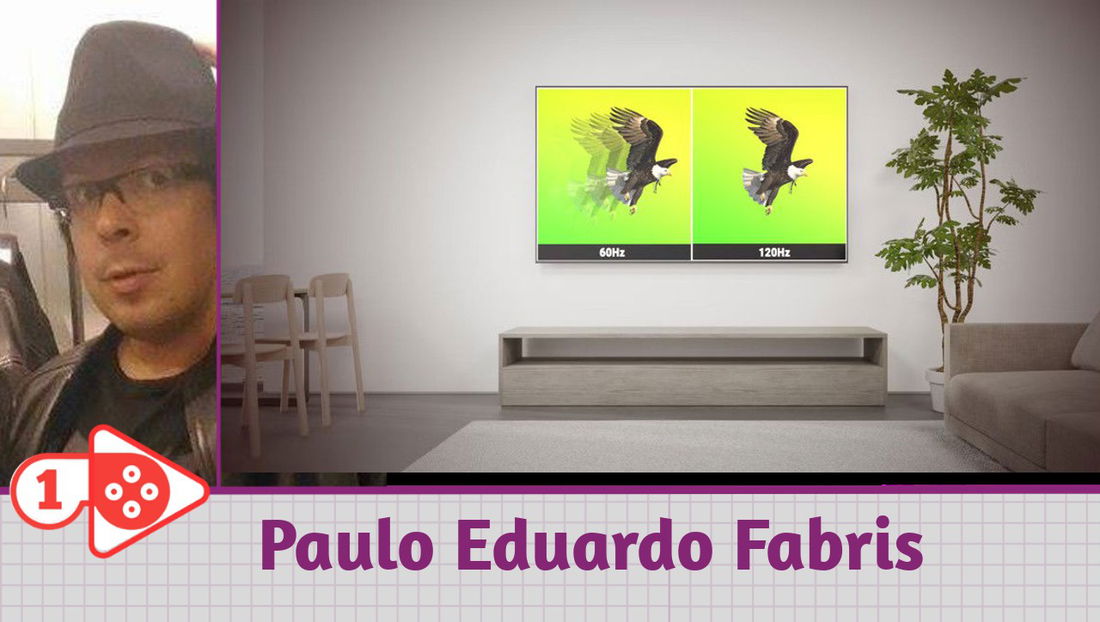



— Comentarios 0
, Reacciones 1
Se el primero en comentar